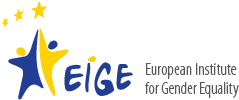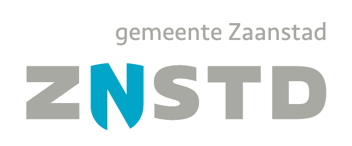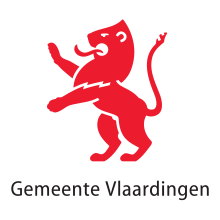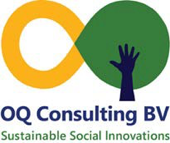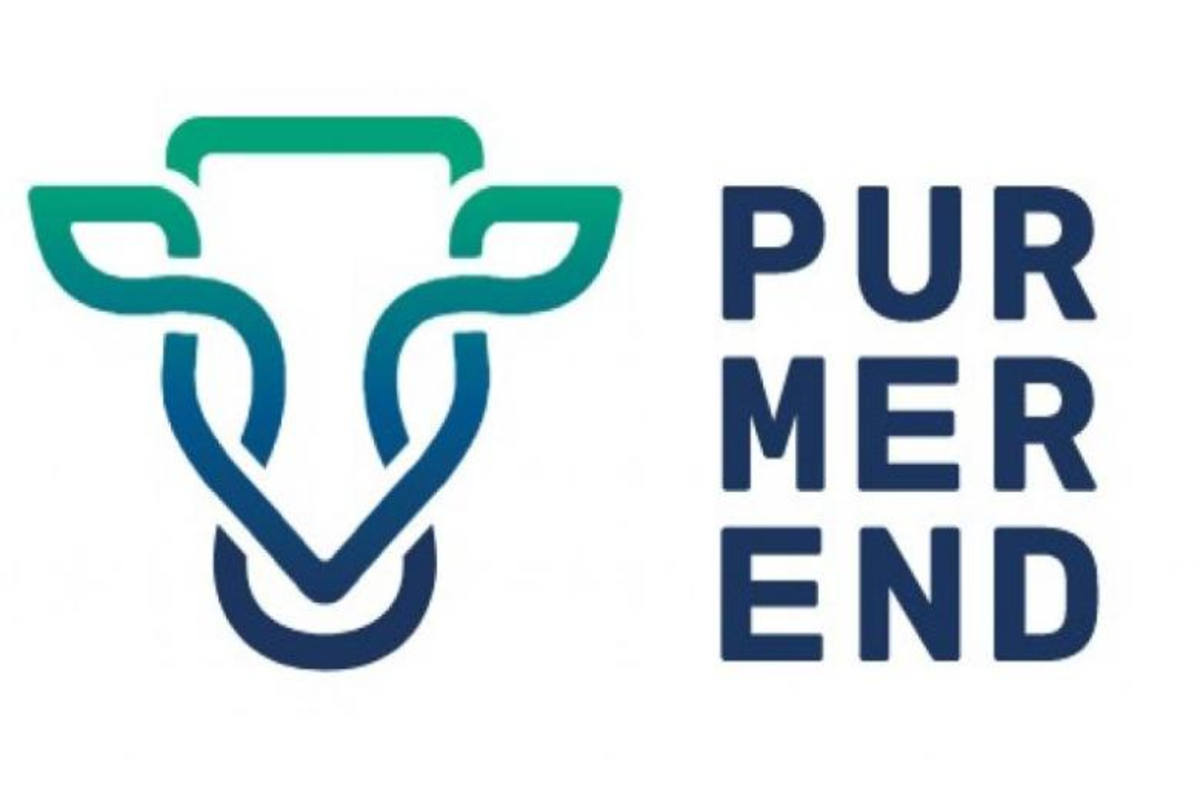This week, APC and Hivos launched their 2013 Global Information Society Watch (GISWatch) report. GISWatch is a collaborative community committed to building an open, inclusive and sustainable information society. This year’s focus is on women, human rights and Information Communication Technologies (ICTs).
“The number of reports published on human rights on the internet in the last year alone is staggering. Who has the time to read them all, some might ask. The good news: You don’t have to. If you take the time to read one report, make it GISWatch.” – Matthias C. Kettemann, Co-Chair Internet Rights & Principles Coalition
NETSHEILA wrote the Dutch report. We looked at the Dutch foundation Women on Waves and its sister organisation Women on Web, addressed together as WoW. With help desks and hotlines around the world and a web-based service through www.womenonweb.org, the organizations use the strengths of networks to be close to the people who need the services while operating at a global scale. The service is offered in ten languages and the safe abortion information website is in twelve languages. The online abortion help service can provide information to women living in countries where safe abortion is not accessible, as well as medical guidance and a medical abortion for pregnancies up to nine weeks. A medical abortion is procured through a combination of drugs, Mifepristone and Misoprostol, and women can administer it themselves. WoW’s claim: it is reducing the number of deaths due to unsafe abortions and making women the primary agents in deciding whether or not to terminate a pregnancy.
The organizations operate from a core value: that women have a right to their health and a right to access information about safe abortions.
We explored in the article the phenomenon that social media, including Facebook and Google, censor WoW. While WoW operates entirely within the law, social media sites are concerned that promoting women’s rights – rights that are indeed already proclaimed in international law – will cost them money. When faced inititially with the choice of money or rights, they choose money. With media pressure they often step down and allow postings from WoW.
The article concludes: ICTs make it possible to ignore political borders. Our only limitation is our imagination and our willingness to act.
Lin McDevitt-Pugh MBA
Our clients









